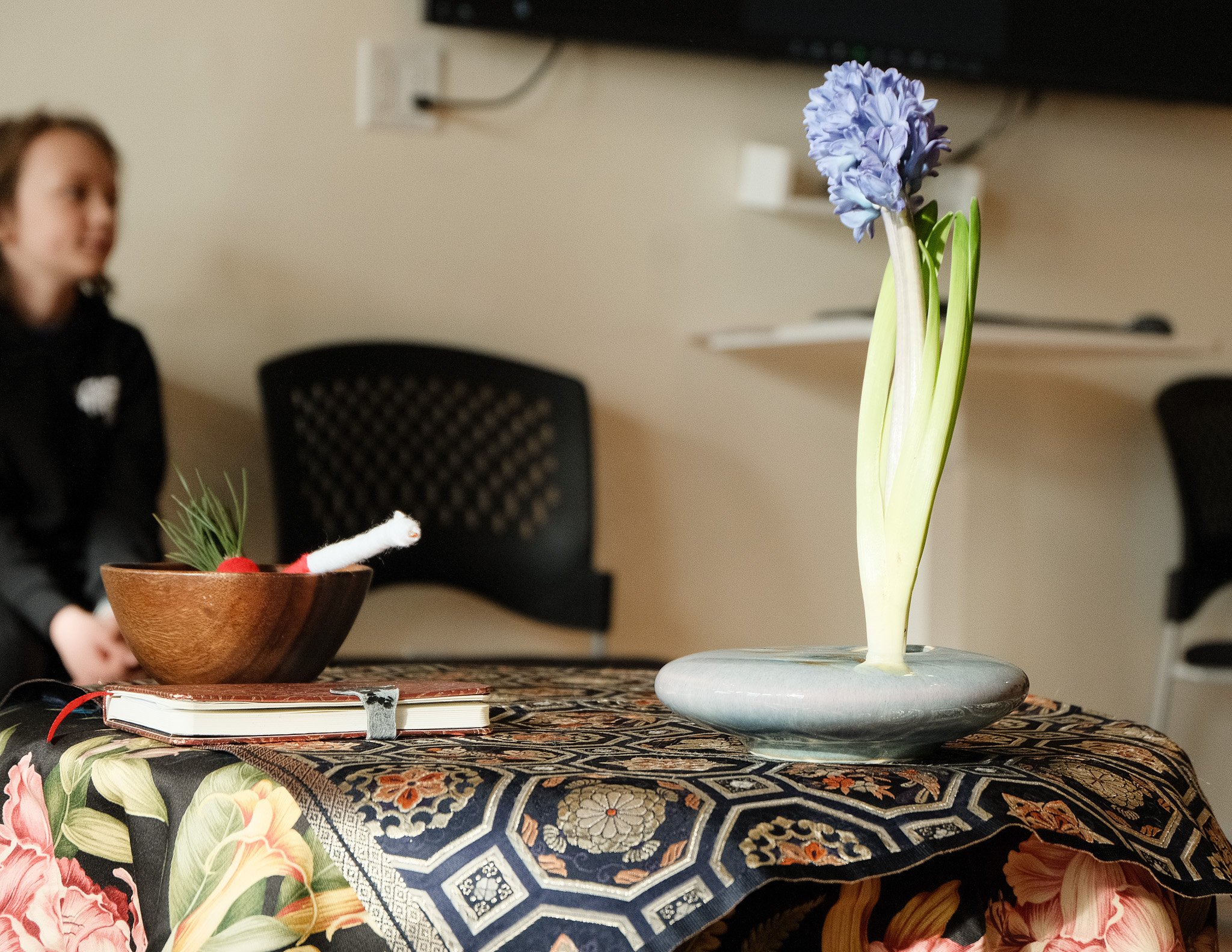
ZenLife Blog

Five Steps for Working with Fear
Fear is one of the most difficult emotions to work with. You may try to forget it or try running away from it, but these strategies only make the fear bigger and more entrenched. Begin by acknowledging the fear. There is some intelligence in the fear. It's important to have a proper relationship with your emotions. You need to touch the raw quality of the emotion before you can move through it. Can you be with the fear with more gentleness? Can you sense how it resides in your body? Can you watch the story you tell about the fear?
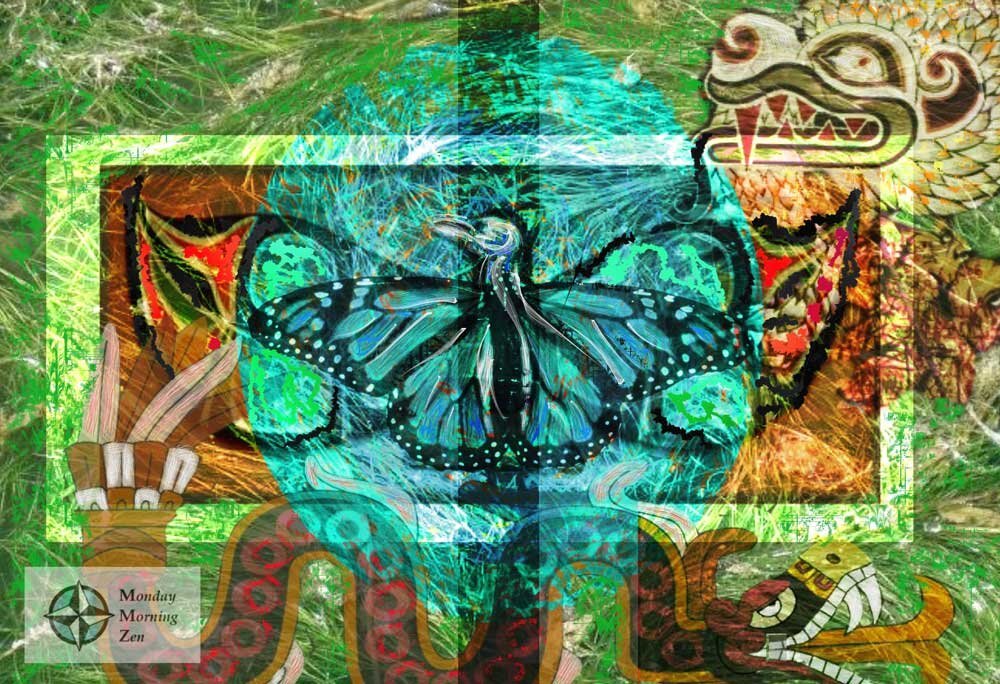
Going Downstairs
It's important to begin the spiritual path with a strong foundation of mindfulness meditation. And it's equally important to approach this practice of meditation, not as a technique you will master, but as an attunement to yourself that is kind and generous. It's important to acknowledges all aspects of your experience as valid. And of course, this includes the disowned energies which frighten and upset you.
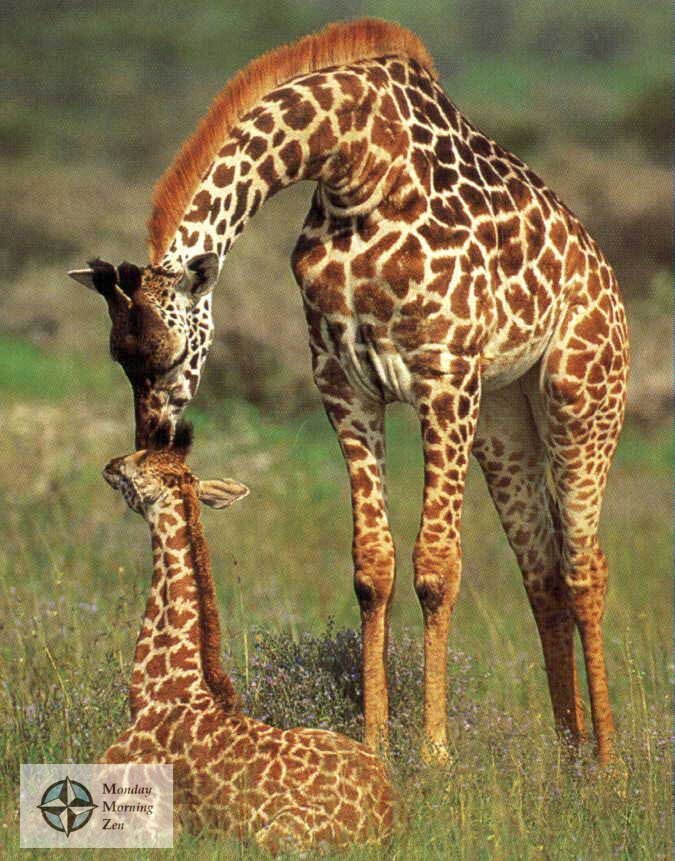
Mindful Speech
used unskillfully, in minutes they can destroy trust that has been built up over years and years of friendship. To be mindful about what you say and how you listen, is an important aspect of living a Zen-inspired life.
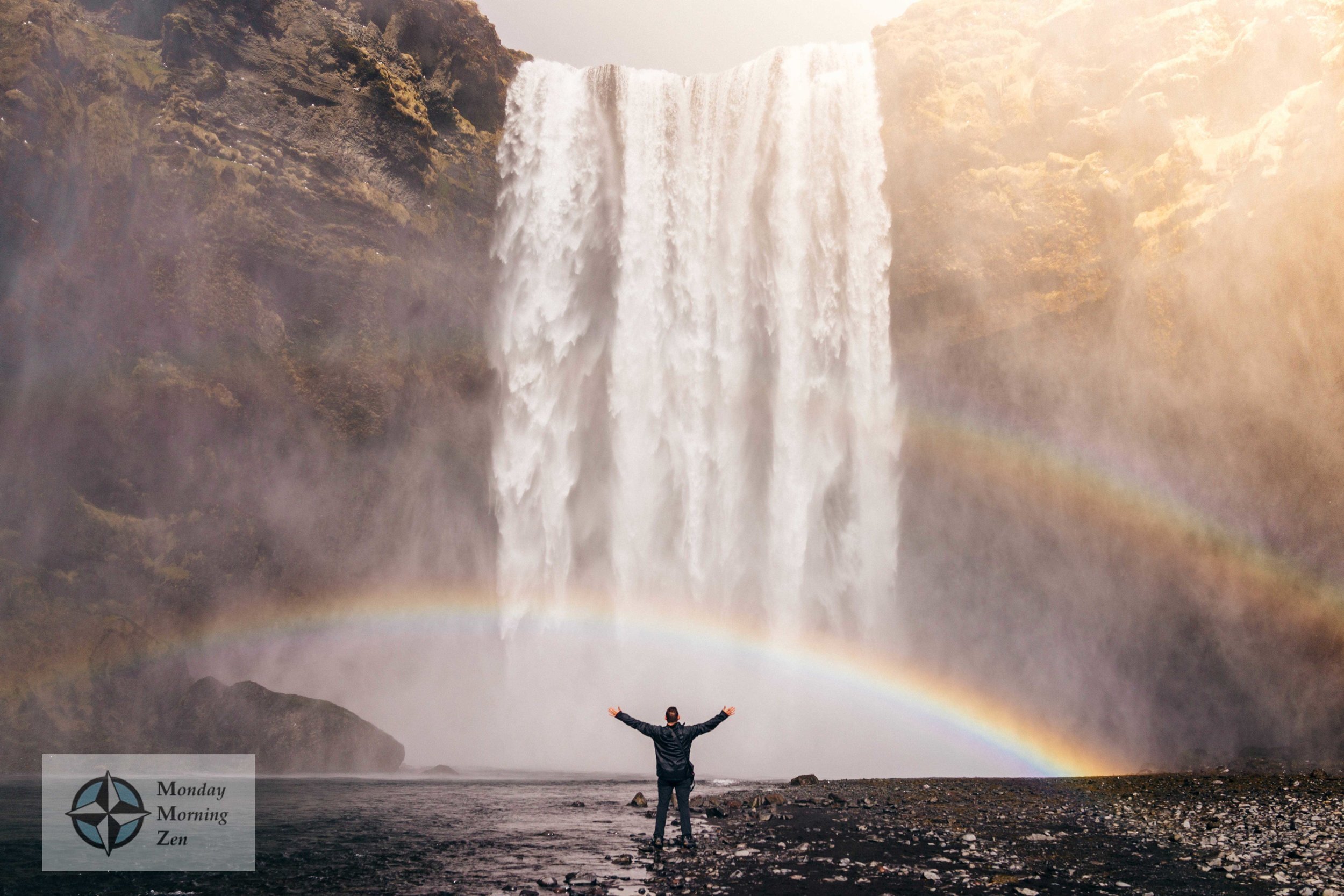
The Power of Forgiveness
Forgiveness is connected to the Buddhist virtue of equanimity, a steadiness of mind that is the ground for wisdom and the protector of compassion. Forgiveness is related to the third Paramita of patience that helps us work with our own aggression and irritations. For when anger visits us and stays too long, it takes up residence in our heart as resentment.

Taking Your Place
I’m walking in the forest and my head is full of ideas on what Bernie needs to do to get better and stronger after stroke. Mostly these ideas are all about doing more: go out more, be with more people, go someplace for lunch, walk up and down the driveway with someone alongside or on the uneven grass in back, do brain exercises, etc.

Loosening the Knots of Anger Through Mindfulness by Thich Nhat Hanh
Many people look for happiness outside themselves, but true happiness must come from inside of us. Our culture tells us that happiness comes from having a lot of money, a lot of power and a high position in society. But if you observe carefully, you will see that many rich and famous people are not happy.

It is Recognizing of the Right Thing
How do we cultivate pono? We have to look deeper into the meaning of pono to be able to understand it. Pono means realizing your kuleana (responsibilities) which includes traditional and current protocols or procedures. Then we must follow these procedures with disciplined intention. Pono blossoms when we are mindful and aware of our actions and how they impact others.

Stingy Brain, Generous Brain by Sharon Begley
Perhaps the strongest message from the science of generosity is that the more adversity someone has experienced, the more compassion she feels and the more generous she’s likely to be.
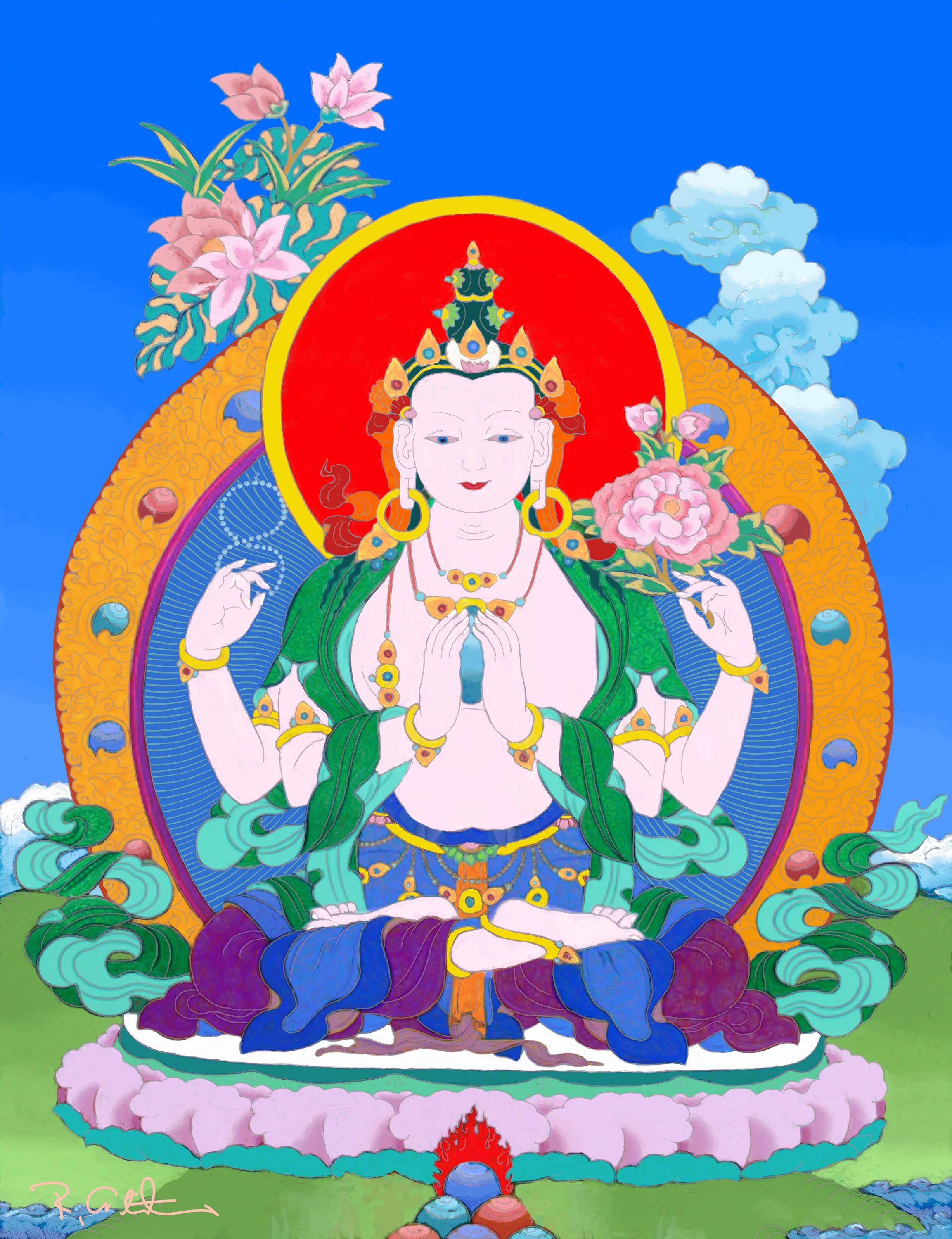
Living by Vow
Someone once asked my root teacher, Maezumi Roshi, "Christians believe in a soul that continues after this life. Do Buddhist believe in something permanent that continues after death?" Maezumi Roshi thought about the question and said, "No" But then he added, "Rather, we believe in vow."

Wake Up, Grow Up, Clean Up, Show Up
In this time of spiritual growth and awakening on Earth, it is helpful to have a framework that can orient our practice and our progress. For this purpose, a few years ago, I introduced a frame into the Integral lexicon called “wake up, grow up, clean up, show up”.

Son’s of Halawa by Jason Poole
This practice of staying present is intense! It’s hard to stay in the moment. I struggle to not get tangled up in thoughts of “I should have done this…” or “Someday I will…” And coming back to the present moment can be exhausting! But the most beautiful thing about this practice is that my teacher offers me the same presence.
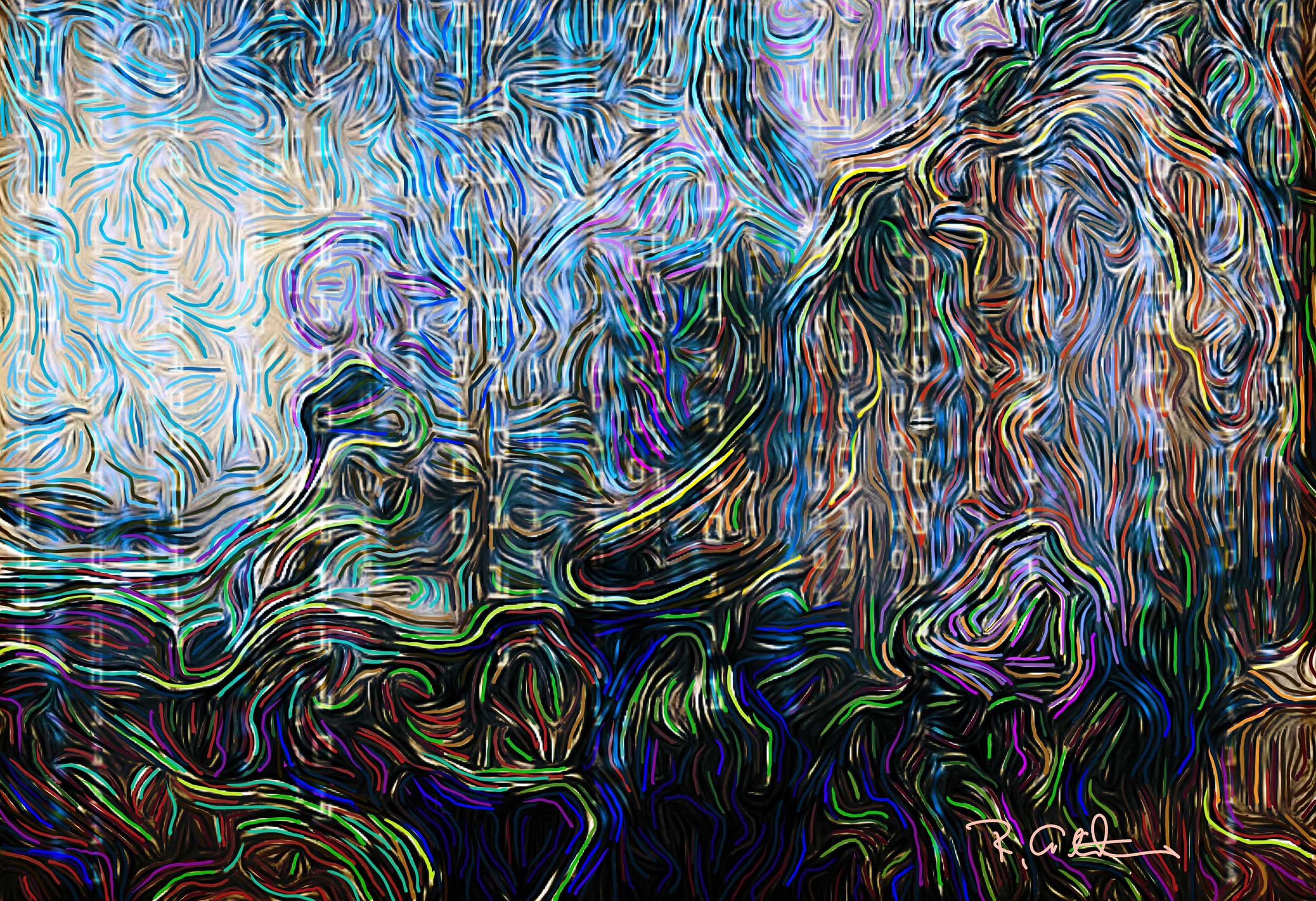
Ethics of Interdependence
So I’d like to articulate an ethics of interdependence, that dignifies difference by actualizing our capacity for creative, improvisational virtuosity and compassionate commitment to bettering our world, both personally, and publicly.
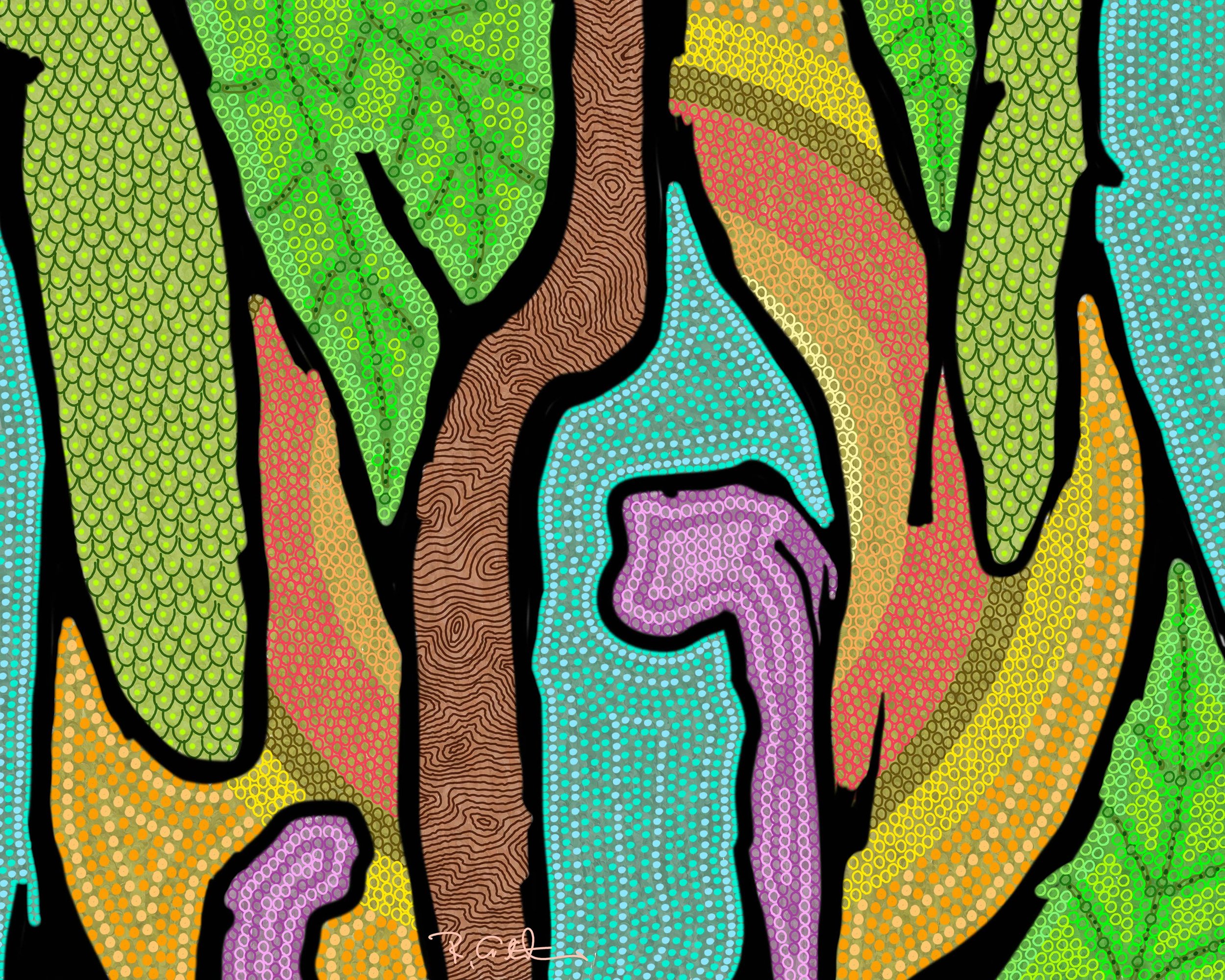
Attention Matters
Mindfulness is a powerful practice for harnessing your attention and directing it in intentional ways that change your brain and help you develop new habits for living a happier life. Understanding the relationship between mindful attention and changing your brain is empowering.

